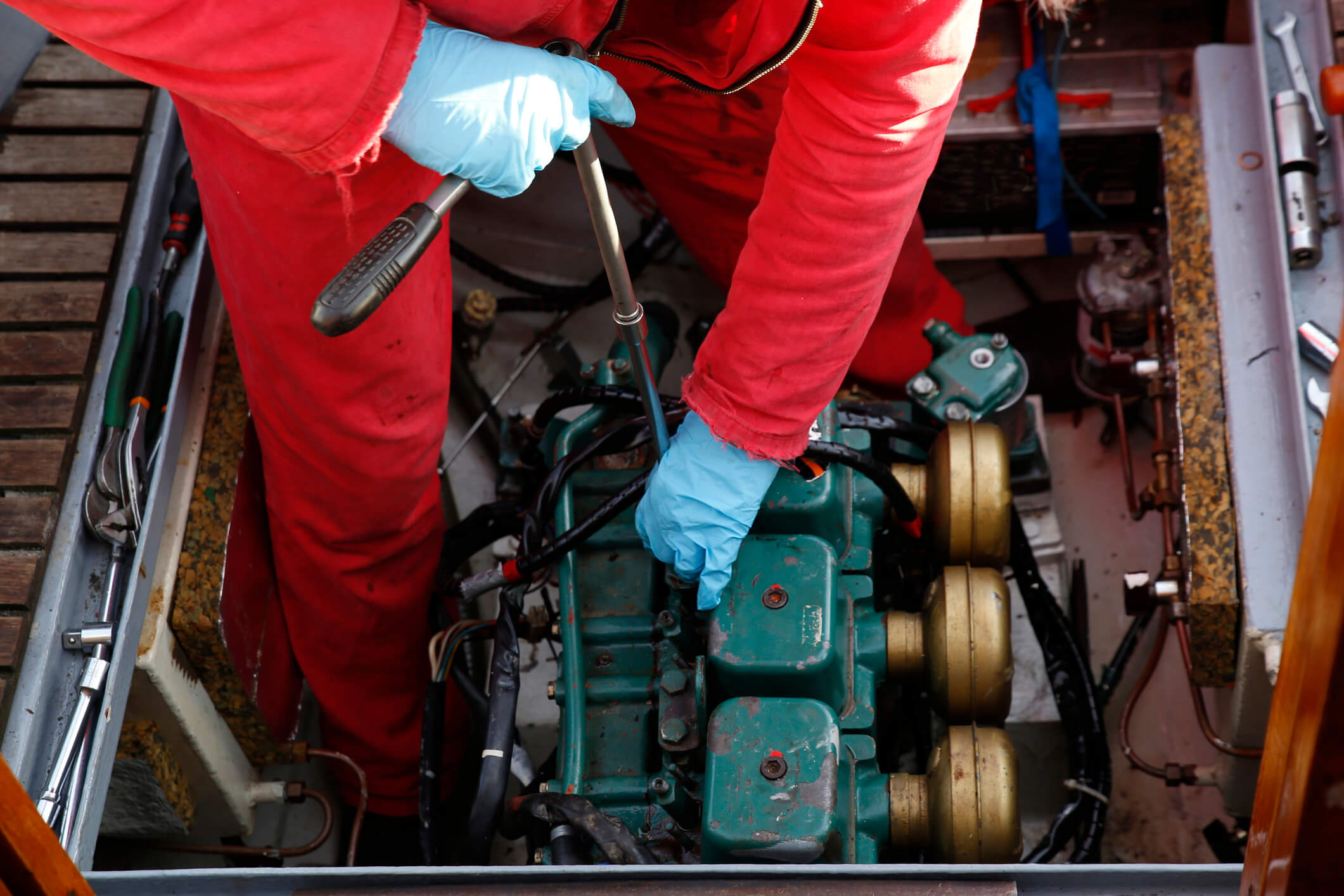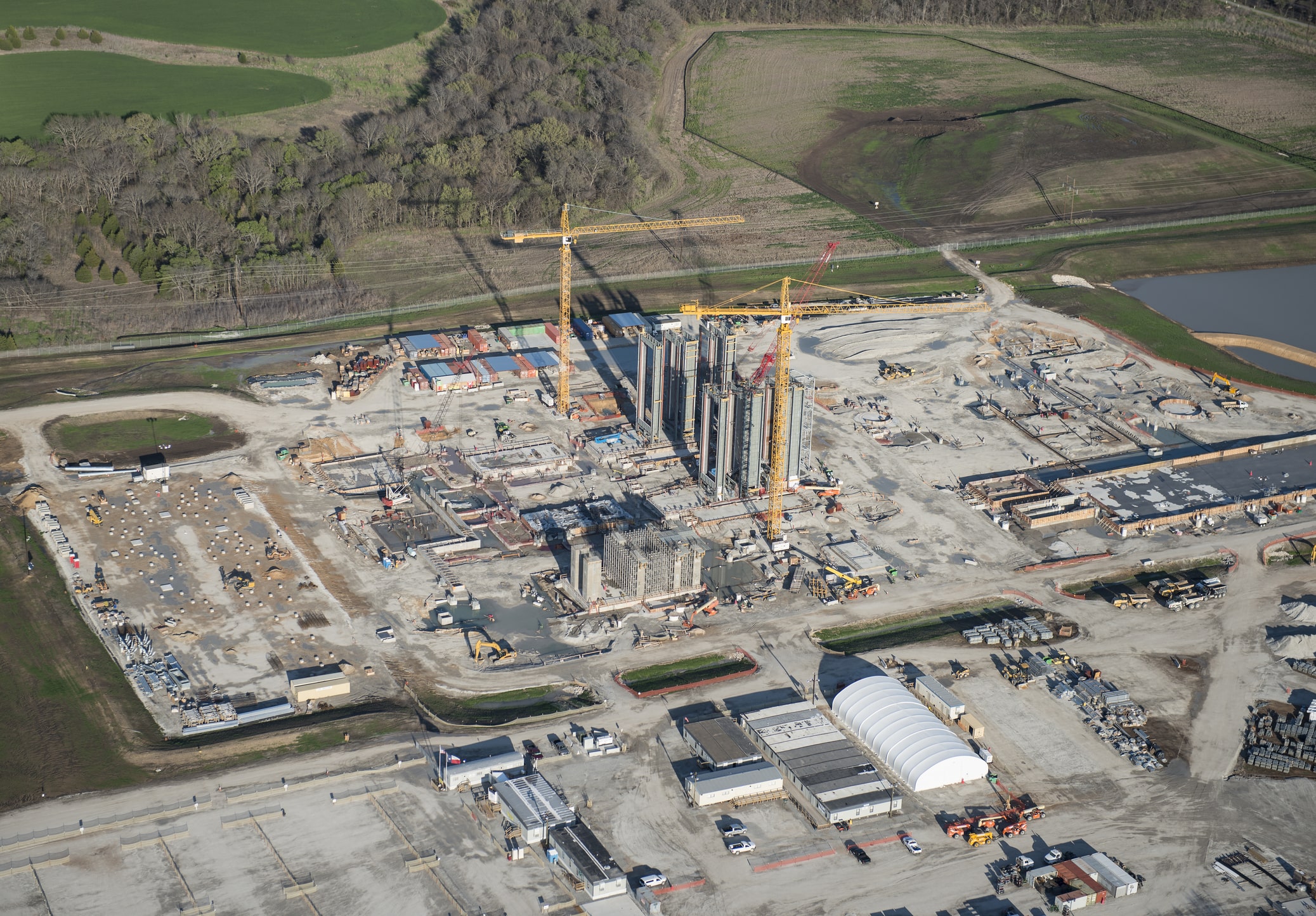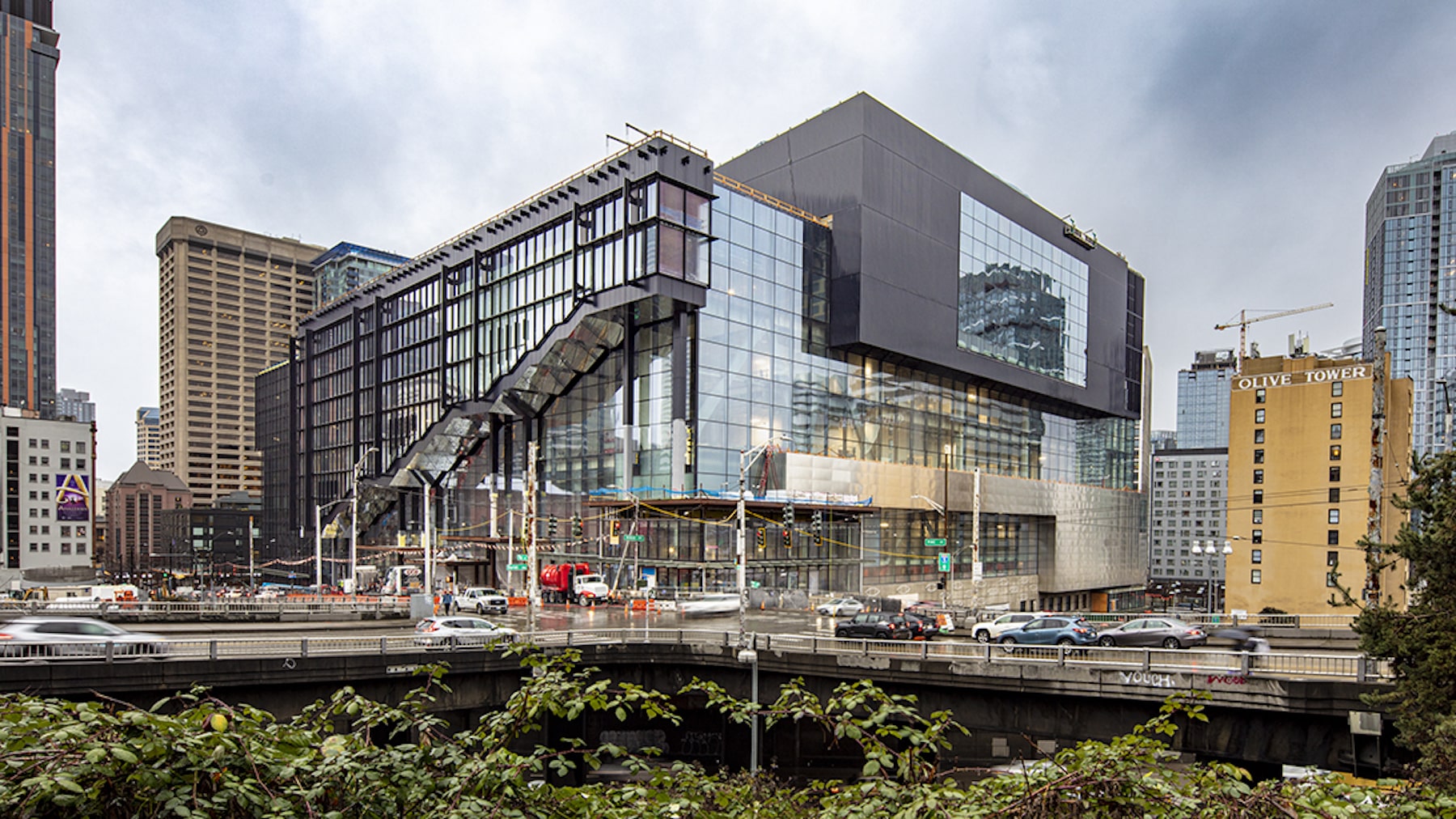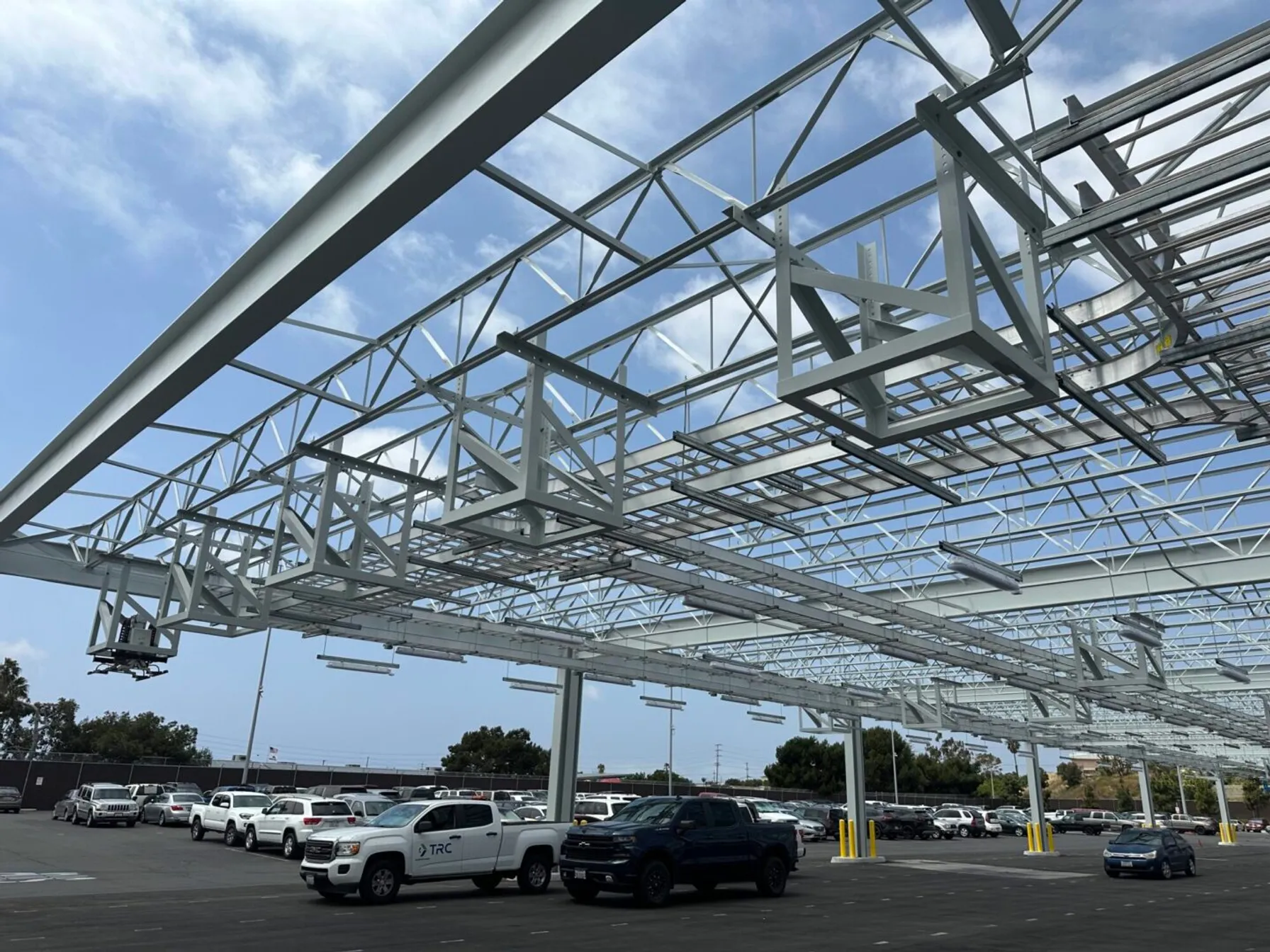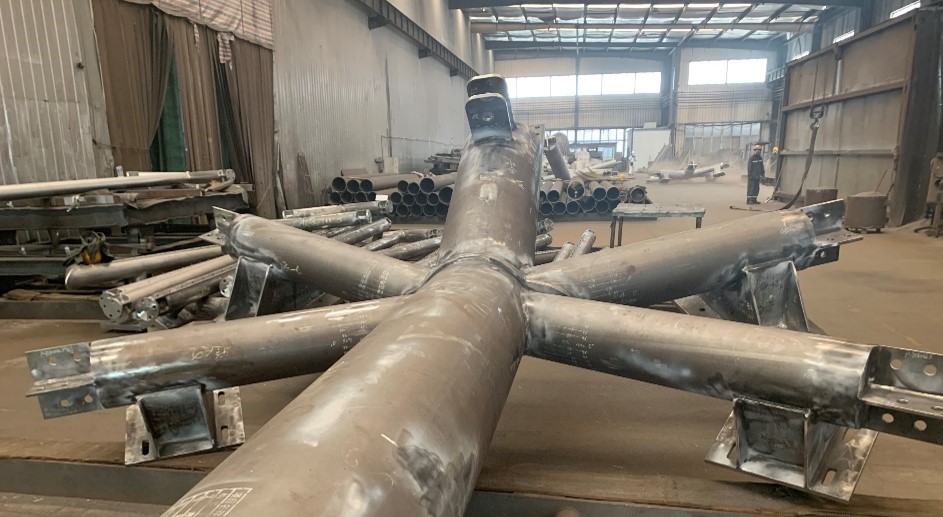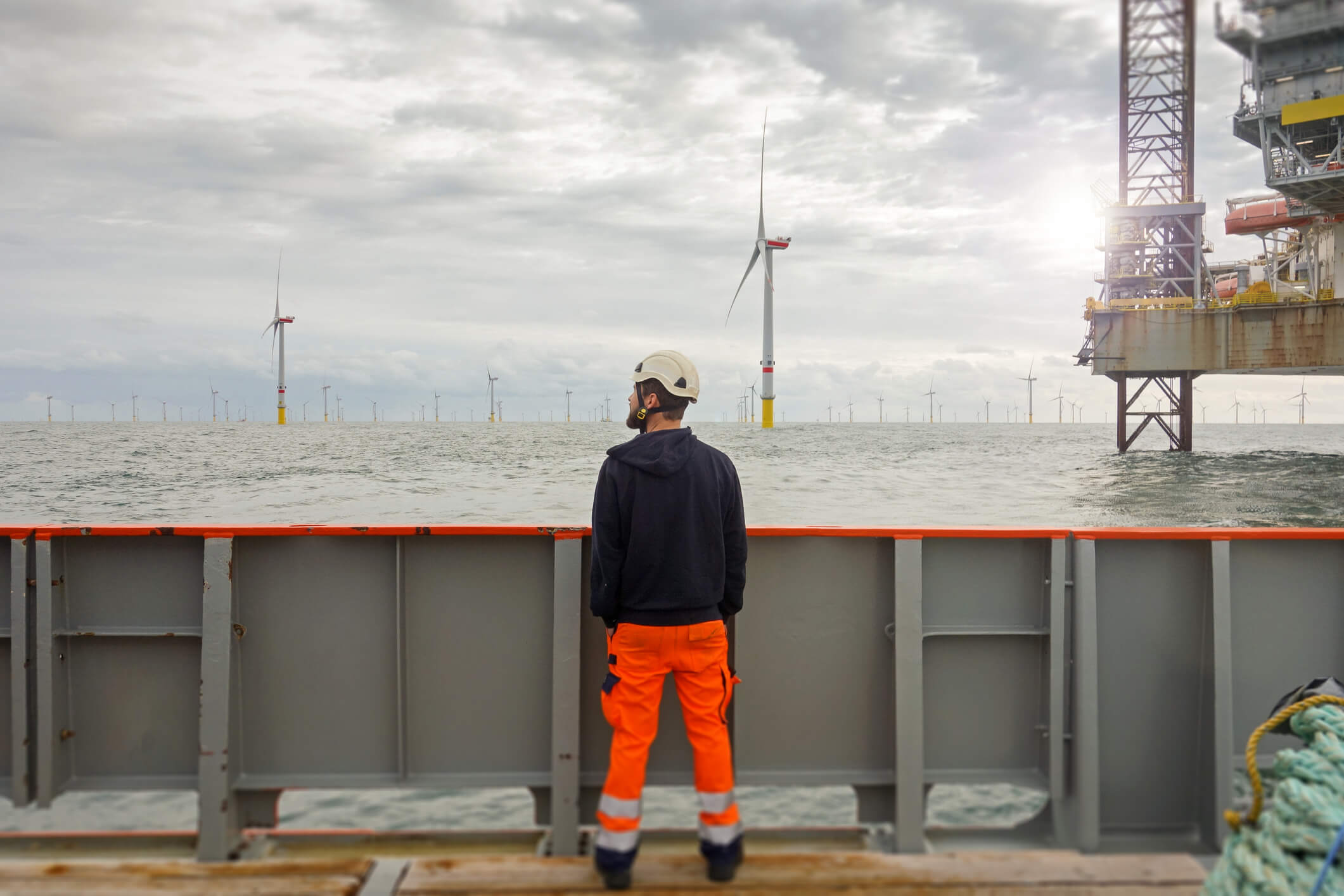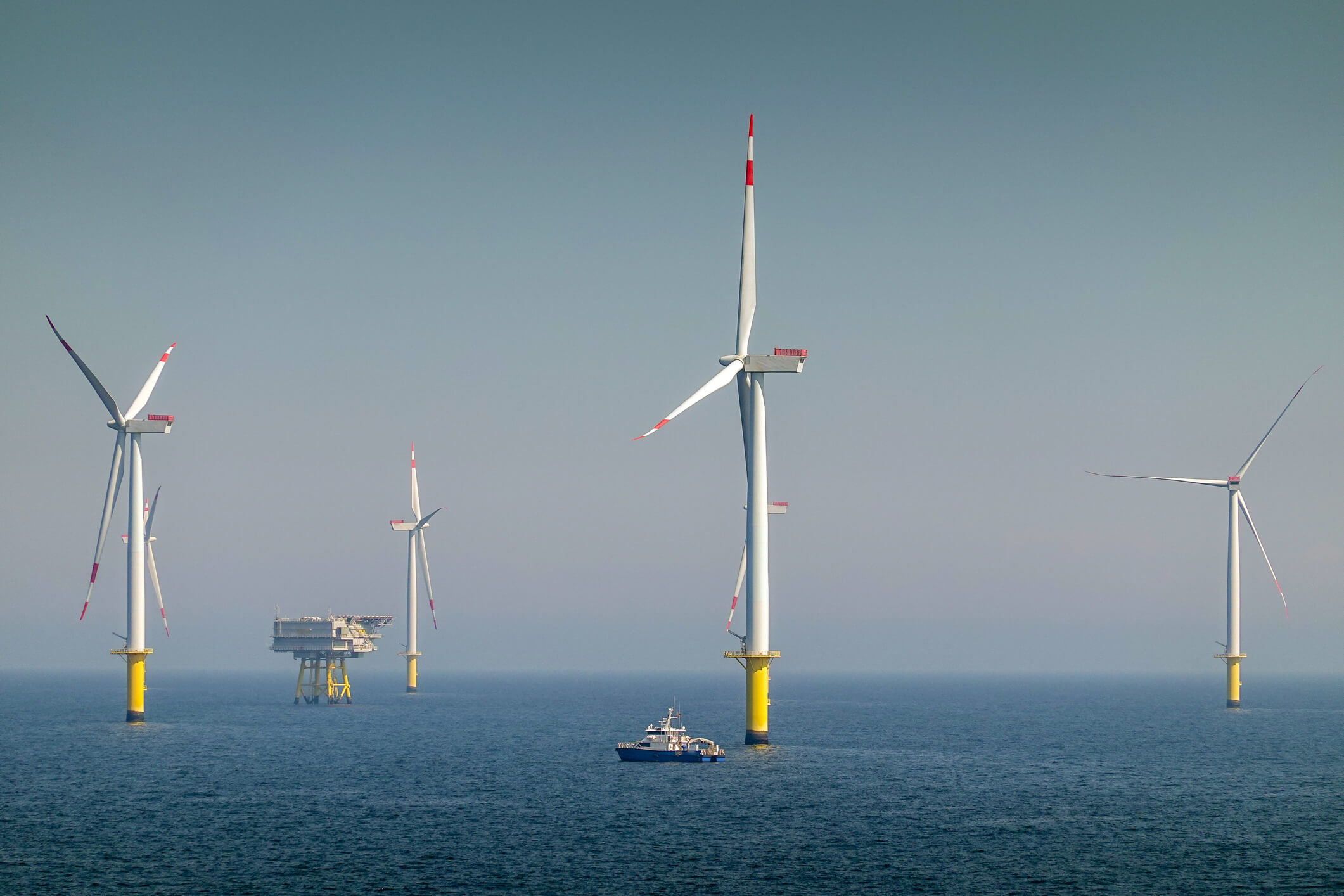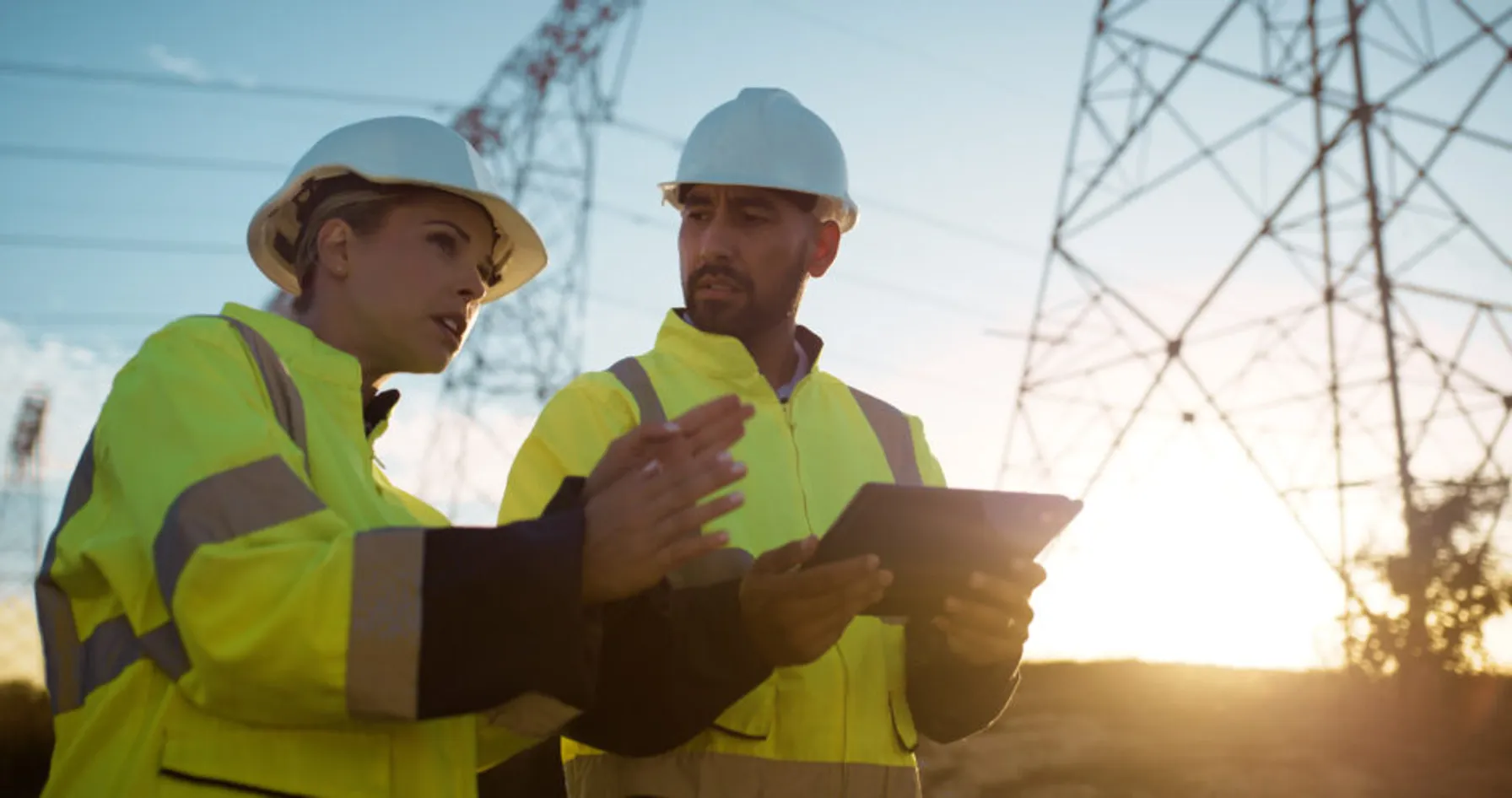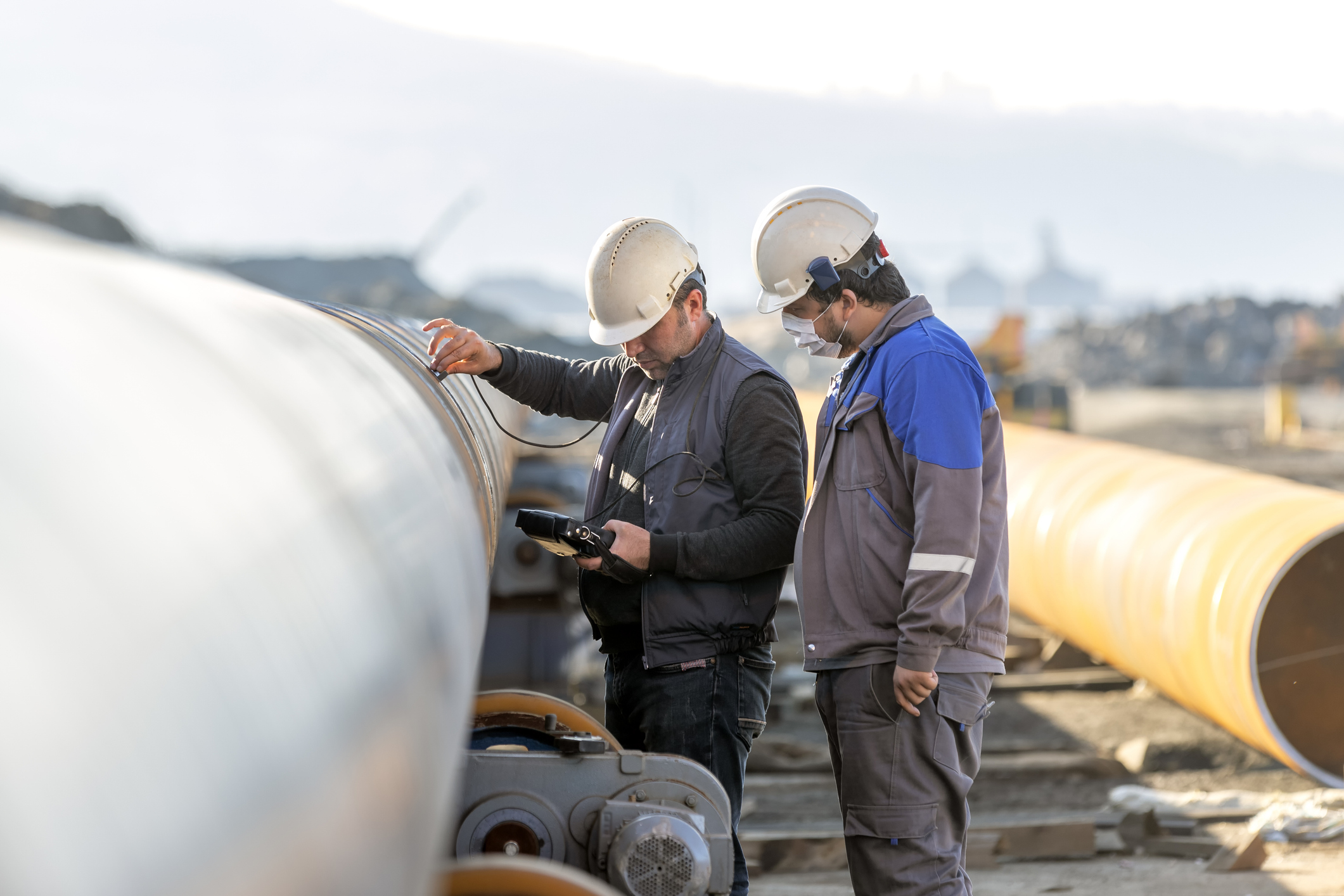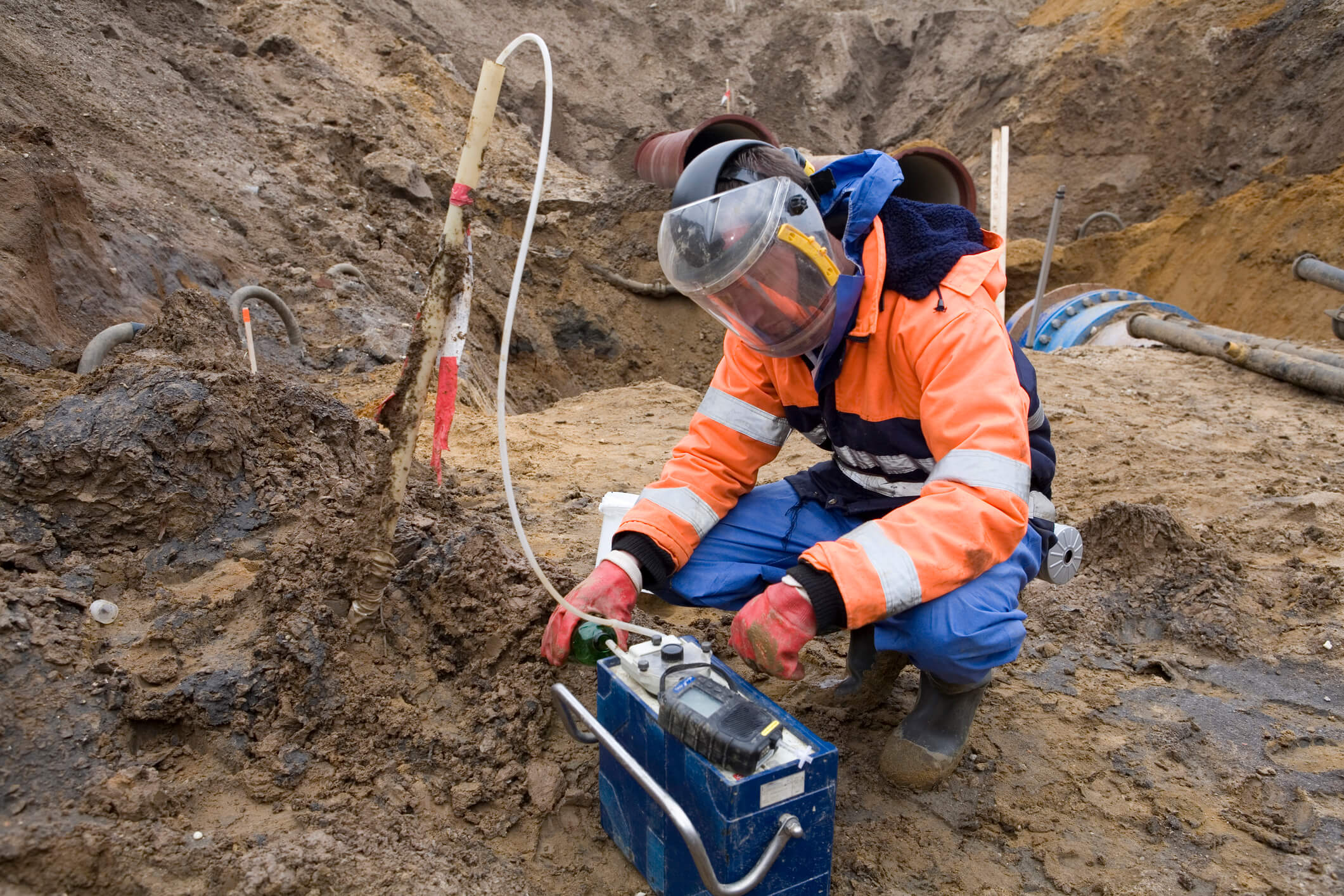Offshore marine inspections typically occur at least annually, but the frequency of inspections depends on the regulations that apply to a particular structure. Other factors influencing inspection frequency include the type of asset and its operational conditions. For example, an asset operating in more demanding conditions may need more frequent inspections due to a higher degree of wear.
Comprehensive Solutions for the Petrochemical and Marine Service Industries
Maintaining safety and compliance with inspections for manufactured and fabricated components.
Offshore marine inspections involve various challenges, from accessing the components that require inspection to knowing the regulatory compliance requirements that apply. Inspectors must have specialized skills and experience to streamline the process and meet all applicable standards. At TRC, our offshore marine inspection team systematically evaluates marine structures to ensure they comply with regulatory requirements and operate most effectively. Our services include visual checks, nondestructive testing and the use of advanced technologies to assess structures and identify potential issues.
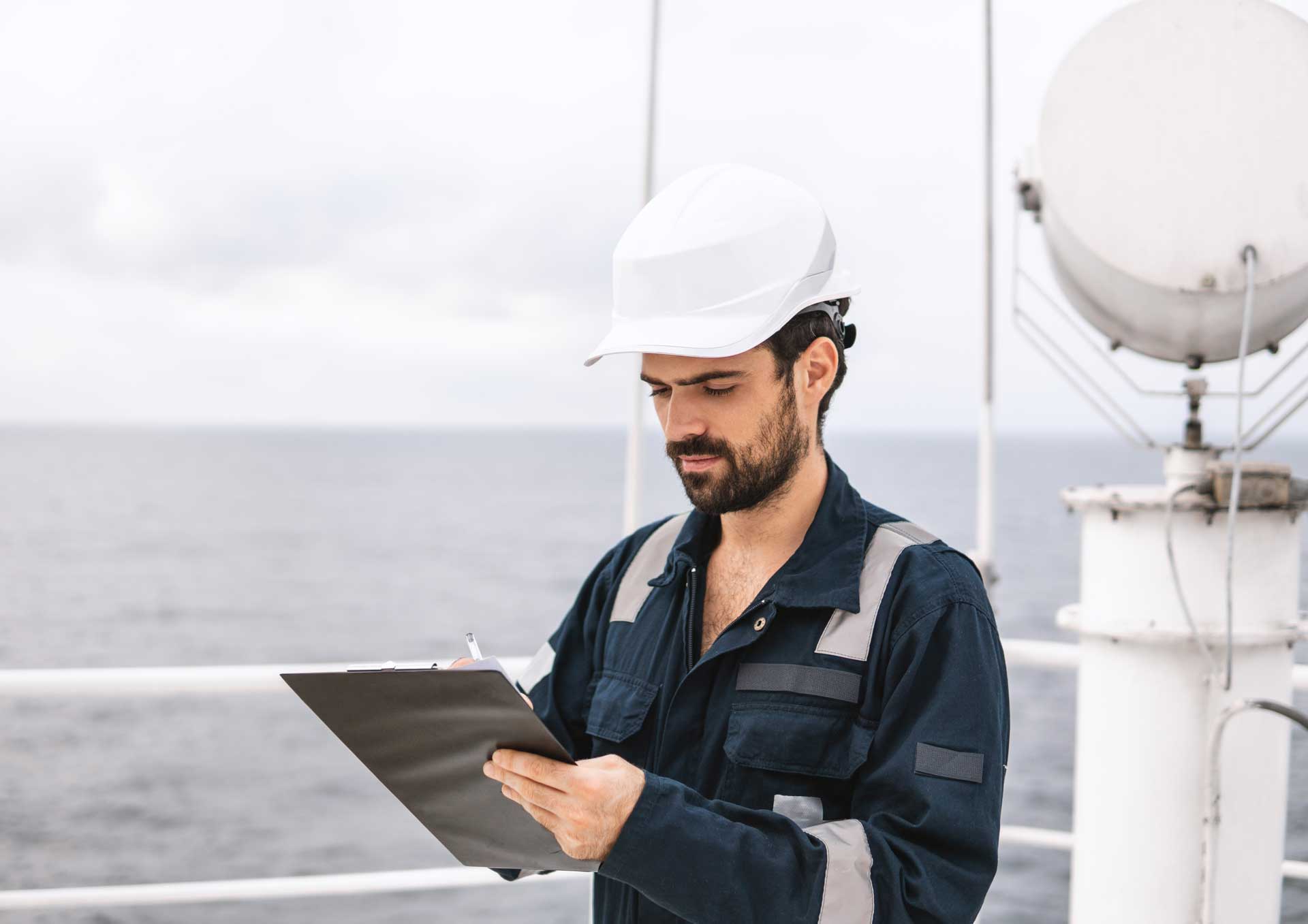
Global Leading Expertise in Offshore Marine Inspection
Our offshore marine inspection team includes internationally qualified and certified inspectors experienced in quality assurance, quality control inspection and documentation of steel structures in a variety of marine fabrication arenas, including offshore oil platforms (jackets), new construction and in-service repair of ship hulls, pressure vessels, drilling derricks, high-pressure piping, jack-up rigs and FPSO conversions.
With more than 55 years of industry experience, TRC is a global leader in providing technical oversight, in-process verification, nondestructive examination and conformity assessment of heavy complex structural steel components fabricated for marine service in the oil and gas industry.
Our core values of complete independence, transparency and integrity guide us in our mission to deliver consistent first-class services with a high level of quality to customers around the world. TRC’s international project quality management team and specialized local inspectors have a proven track record with the successful delivery of specialized services for various marine structures worldwide, in addition to supporting global EPC projects in the petrochemical industry.
Our expertise in these services provides the following benefits for your organization:
- Enhanced compliance with all applicable regulations
- A full selection of advanced equipment for more efficient inspections
- The capability to maintain the safety of marine infrastructure throughout the service life
- Savings through better identification of potential issues for faster resolution
Integrated Offshore Marine Inspection Solutions
TRC has earned the confidence of our existing clients by consistently providing high-quality inspection services and personnel supported by a company-wide commitment to industry best practices. These core inspection services support the life cycle of assets in the oil and gas, and marine industries.
Adapt to
Change
Partner With TRC’s Tested Practitioners
Featured Offshore Inspection Projects
Discover the success we’ve had with helping our clients execute major projects and make a meaningful impact on their local communities.
Frequently Asked Questions
Learn more about our offshore inspection services with answers to these commonly asked questions.
TRC marine inspectors have expertise in marine engineering and safety standards related to these structures, such as those from the American Welding Society (AWS). They are qualified in inspection techniques like NDT, allowing them to provide detailed inspections without compromising the quality of offshore marine structures.
After an inspection, TRC can provide a detailed report of findings and recommendations. We can point out repair requirements, maintenance or other follow-up actions for compliance and safety.
We have extensive knowledge of the regulations for offshore marine structures and stay updated with all changes to these regulations. Regular in-house training enables us to update teams on these changes. We also actively participate in certification programs and societies related to the industry.
Offshore marine inspections may identify various issues, including:
- Corrosion and material degradation.
- Structural integrity concerns.
- Electrical system deficiencies.
- Safety equipment noncompliance.
- Piping and valve issues
- Noncompliance with regulatory standards
Timely inspections enable the resolution of these issues before they escalate and cause further problems. Inspections also lower the risk of noncompliance, even as regulations change.
This standardized document, developed by the International Marine Contractors Association (IMCA), supports the inspection process for marine vessels. It provides a uniform format for reporting their condition, ensuring consistent and comprehensive reporting.
The CMID provides a standardized document that multiple parties can refer to as a source of information. It also covers various aspects of a vessel, from safety to equipment conditions, providing an in-depth view of the operations and potential safety issues.
Non-destructive testing enables marine inspectors to evaluate marine vessels without damaging the material. These testing procedures often save time and costs while enhancing inspectors’ safety. They are vital in offshore marine inspections, from routine survey procedures to post-repair inspections.
Some NDT techniques used in offshore applications include ultrasonic testing, magnetic particle testing and radiographic testing. These techniques can identify weld defects.
Achieve Your Offshore Marine Inspection Goals by Contacting TRC
TRC provides expert inspections for various offshore structures, from ships to derricks. Our teams bring knowledge of regulatory guidelines and the marine industry for a comprehensive inspection. We’ll identify and report all areas for improvement to show any changes needed to enhance marine structures.
Maintain safety and compliance and achieve environmental protection and operational efficiency goals with TRC. Get in touch with our team today to discuss your unique offshore inspection requirements.


